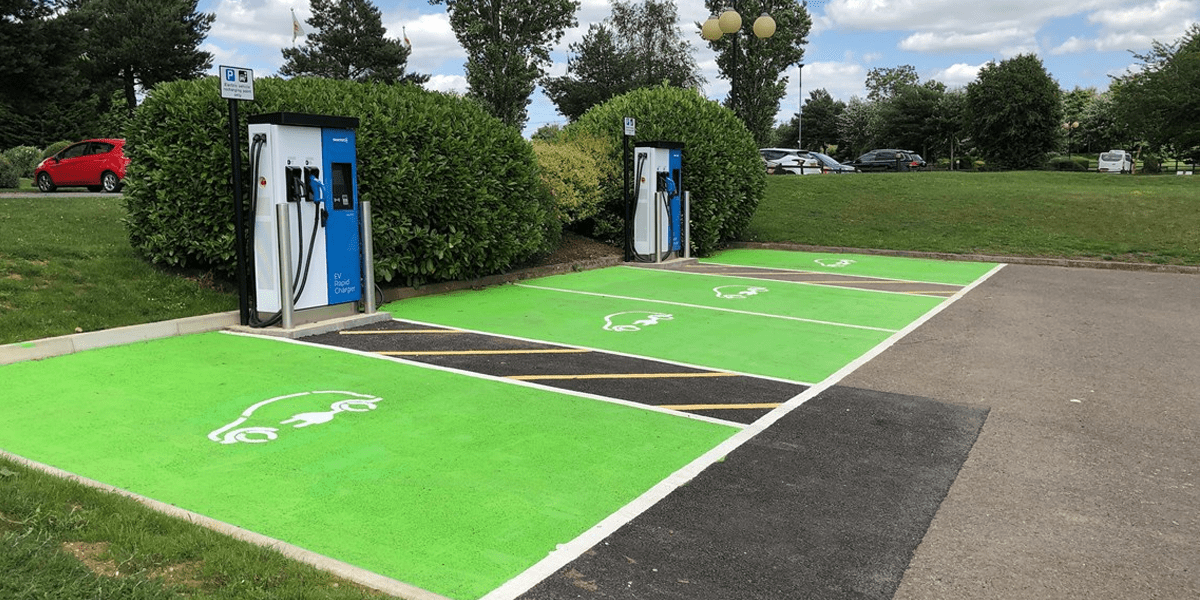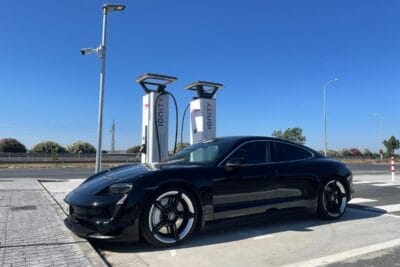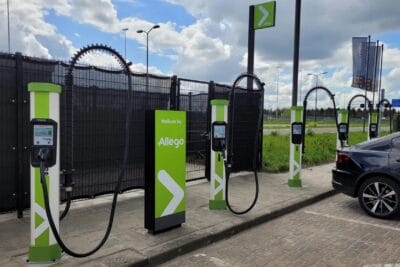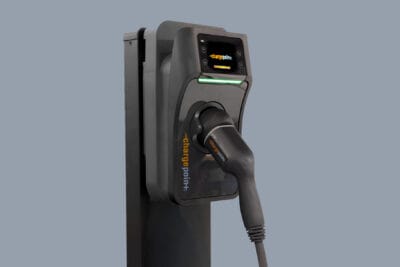UK Gov’ releases latest charging infrastructure rules
New laws to be introduced in the coming months will require the UK’s rapid charging network to have a 99% reliability rate and offer real-time status updates. At least that is what the British Government suggests in its new Public Charge Point regulation.
Now published as a draft, the rules shall improve the charging experience for EV owners. Ministers hope the new regulations will eradicate range anxiety and create a “world-class” charging grid.
The rules largely follow the ‘Electric Vehicle Infrastructure Strategy’ announced in March 2022. Then Prime Minister Boris Johnson wanted to make EV charging easier and cheaper than refuelling ICE vehicles.
Operators were already tasked to enable contactless payments or to show transparent pricing, and these requirements were confirmed. In addition, firms will be required to allow customers to pay via a third-party provider.
CPOs must also display the cost of charging in pence per kilowatt hour either on the charger itself or through a separate device that can be accessed without a contract.
The new rules published today also set a minimum standard for reliability – any public charging station is to function 99% of the time. All chargers will also be required to produce real-time data on their status, offering greater information to users.
Charging firms could be fined up to £10,000 for each unit that fails to comply with the requirements.
Just how the rules may be enforced is open at this stage.
Melanie Shufflebotham, co-founder & COO at Zapmap, said: “From easy payment through to chargers you know will work when you get to them, these are issues which have been highlighted for many years.” She added it was “great to see these concerns now being addressed by Parliament, which will lead to more collaboration across the industry”.
Ian Johnston, the CEO of Osprey Charging and lead member in the lobby group Charge UK, also said the industry “welcomes these regulations”. He added: “Consumer confidence in charging infrastructure is vital, and we look forward to working with the government to implement these regs over the coming months.”
When announcing the draft in 2022, the government also confirmed a £1.6 billion investment in 300,000 new charge points across the country by 2030, which, the government says, would be five times as many traditional fuel pumps currently in operation. It remains to be seen if these targets will be reached.
The rules now released follow similar moves in Europe. This week, the European Parliament reportedly approved binding targets for EV charging stations lining the EU’s main routes at regular intervals within the decade. The draft’s adoption with 514 to 52 and 74 abstentions is a big step towards turning targets into law once the Council agrees. By 2026, there should be a stop to charging an electric car every 60 km. In addition, these charging stations must have contactless payment options and the capacity to support charging without a subscription. On metering, the EU rules that prices must be displayed per kWh, kg or minute/session. MEPs also promised that the Commission will set up an EU “database” on alternative fuels data by 2027 to provide consumers with information on the availability, waiting times or prices, therefore taking this requirement out of the hands of the industry alone.
Unlike the UK, the EU also laid targets for heavier vehicles, which should find charging stations at intervals of every 120 km, and there are requirements for hydrogen pit stops.
Moreover, Europe considers public charging primarily as high-powered charging and therefore requires EV chargers to offer 400 kW, with the network’s power output increasing to 600 kW by 2028. For heavier vehicles, the rules stipulate 1,400 kW to 2,800 kW power output depending on the road.
The UK regulation mainly deals with “rapid charge points”, defined as delivering at least 50 kW. The public charging station definition also includes those that may only be accessed during specific hours; or are situated in a public car park, whether or not that car park is available only to persons intending to purchase specific goods or services, writes the government. This stipulation is notable since it affects the requirement of reliability – any chargers must only be 99% reliable during their opening times.
That is strictly speaking. At the same time, consumer watchdog Which called for the requirements to come into effect sooner than 2030 and hopes the industry may go beyond the minimum rules.
Sue Davies, head of consumer protection policy, commented: “Charge point operators should look to implement these changes more quickly though so that consumers can benefit from them as quickly as possible, and industry should look to go beyond the requirements and provide contactless payments at all charge points wherever possible.”
autocar.co.uk, legislation.gov.uk (the draft)





0 Comments